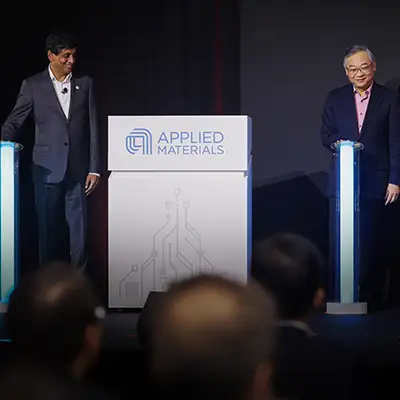Singapore’s semiconductor industry is being shaped by two major trends: the rise of artificial intelligence (AI) and the nation’s push for sustainability, said Desmond Tan, Senior Minister of State in the Prime Minister’s Office.
Advancements in AI, particularly in areas such as autonomous vehicles and smart devices, are fuelling the need for specialised chips, Tan said.
At the same time, as Singapore gears up to meet its net zero targets, the demand for advanced power semiconductors — critical for electrification and energy management — is also set to grow.
Tan was speaking on Wednesday (18 September) at a dinner hosted by the Singapore Semiconductor Industry Association (SSIA), held at Resorts World Sentosa.
In his speech, he also stressed the importance of workforce transformation to keep pace with technological advancements.
With over 14,000 engineers and technicians trained annually, Singapore is ensuring a “consistent stream” of talent to sustain the semiconductor industry’s growth, he added.
Quantum future
On Wednesday morning, during an earlier panel discussion at the SSIA Summit, industry players expressed similar optimism for the sector — particularly regarding the future integration of quantum technologies.
Unlike traditional computers, which use bits to process information as zeros or ones, quantum computers use quantum bits, or qubits, that can represent both at the same time, vastly increasing processing power.
While commercial viability is still years away, quantum computing is already “rapidly developing” in areas such as cryptography and sensor technology.
Singapore is taking a comprehensive approach to quantum technology development, spanning quantum algorithms, quantum communications, and building local quantum computing capabilities, noted panellist Ling Keok Tong, executive director of the National Quantum Office.




